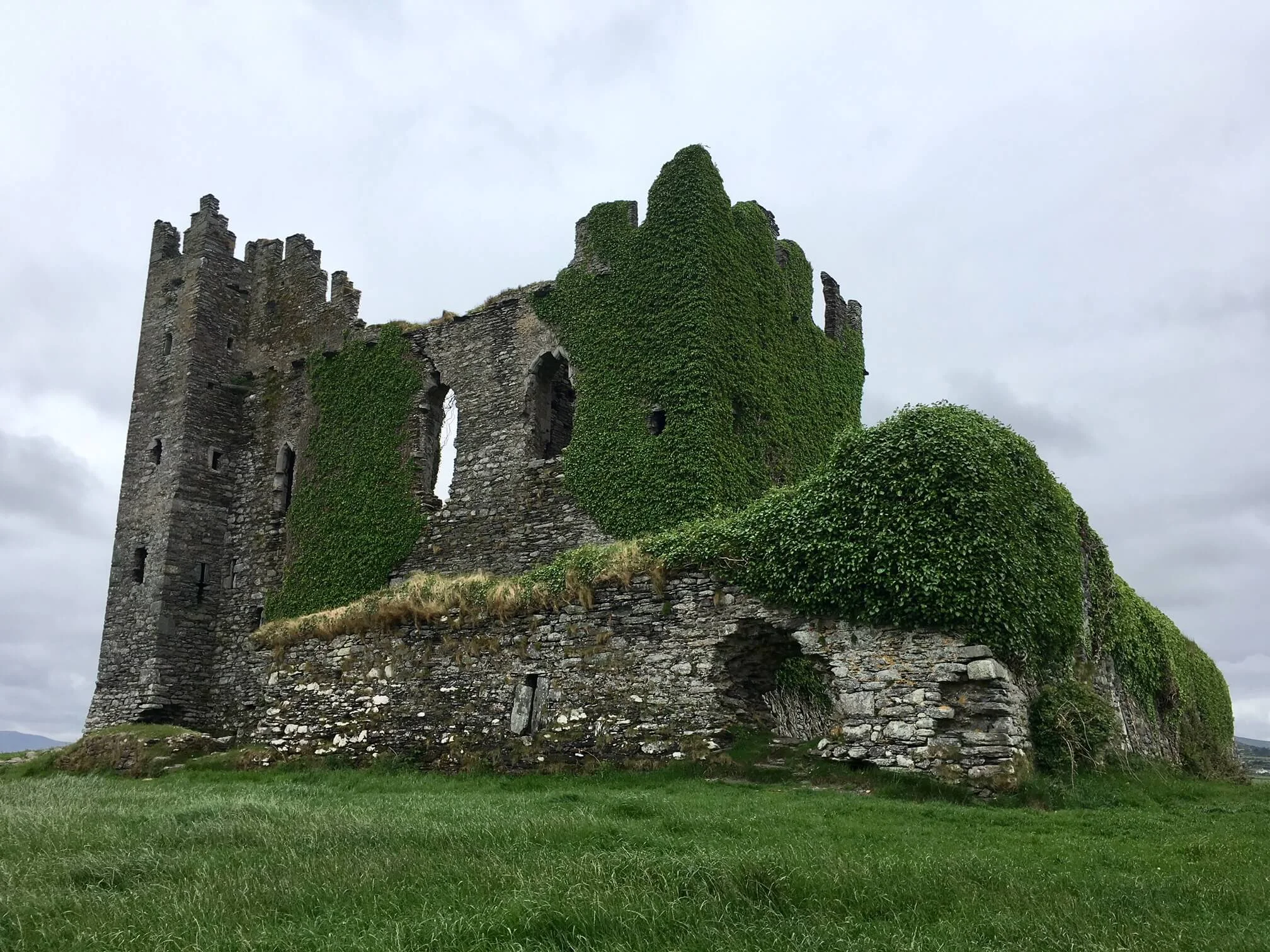Growing up in the sun-drenched quiet of Northern California, my brother, sister, and I existed in a small, self-contained world. Relatives were a distant concept, names whispered with a vague sense of connection to somewhere else, far away. Our parents, having established their lives far from their own hometowns, inadvertently created this geographical divide. But on my mom’s side, it wasn’t just distance; a series of unexpected events would ultimately reshape the very fabric of our family.
The first ripple began when my aunt, barely out of girlhood at eighteen, decided to trade the familiar California sunshine for the bustling streets of London. A year-long nanny adventure stretched into a lifetime, culminating in a chance encounter with my Uncle Willy, a charming Irishman working in the city. Their wedding became the catalyst for our first real understanding of "family across the pond." A grueling fourteen-hour flight followed by a two-and-a-half-hour car journey from Dublin deposited my parents and a contingent of my mom’s side of the family in a quaint town near Banagher, in the heart of Ireland. It felt like a momentous occasion, a forging of a new branch on our family tree. Yet, as the celebrations faded and we returned to California, it seemed destined to become another cherished but distant memory, sustained only by the crackling static of expensive international phone calls on landlines – a lifeline my mom and aunt stubbornly maintained.
Then came the sharp, unexpected blow. My Uncle Michael, a name I’d never attached a face to, was living a quiet life in the Midwest, working as a cook. A senseless tragedy – a drunk driver, a telephone pole, and an instant, irreversible loss. The news ripped through my mom’s family, a brother, a son, gone too soon. The weight of grief pulled them together, a sorrowful pilgrimage. My mom journeyed from the West Coast, my aunt from across the Atlantic, to identify him, to gather the fragments of a life we never knew. In the midst of that profound sadness, a strange and unexpected consequence began to emerge. The shared loss, the raw vulnerability, seemed to forge a deeper, unspoken bond, a realization of the fragility and importance of family.
Life moved on, and the Irish chapter took another surprising turn. My aunt and uncle transplanted their young family to Chicago for eight years, their American adventure expanding with the arrival of two more children, the first of our Irish lineage to be born on American soil. Ironically, one of these American-born cousins would, in my eyes, embody the very essence of Irishness. Whether a deliberate plan or not, their time in America had an expiration date. Visa issues eventually led to my uncle’s departure, a departure that carried a disheartening finality for several years. My brother, sister, and I remained largely disconnected from this growing Irish contingent until I was five or six. Once again, it was the somber occasion of a family death that bridged the geographical divide. Our shared grandfather, a tattooed WWII veteran with a lifelong love affair with cigarettes, passed away. I like to think he would have found a bittersweet comfort in knowing his passing brought the American and Irish sides together for the first time on our soil, even if my young cousin Liam couldn't resist a playful flip-off to the priest during the service – a gesture that spoke volumes about the blend of irreverence and familial affection that was beginning to define our connection.
Years drifted by before their return, this time with my uncle’s visa finally sorted. Teenage apathy had set in on our side, and the initial excitement of meeting these "foreign" relatives had waned, replaced by the awkwardness of navigating unfamiliar accents and shared experiences that felt anything but shared. It’s a regret I think my parents still carry – that we never experienced Ireland in our formative years. But our Irish family, with a dedication that still amazes me, more than compensated. Their journeys across the globe became a recurring theme, almost an annual tradition. Each visit chipped away at the initial strangeness, the "cousins from another country" slowly morphing into just…cousins.
Christmas day hurling match near Athlone, Ireland.
My own pilgrimage to Ireland finally happened in the winter of 2014, a bracing introduction to the true meaning of bone-chilling cold. We spent Christmas immersed in their small town, a community of two thousand souls where Irish coffees flowed freely, the fierce passion of hurling matches filled pub televisions, and the peat bogs and surrounding farms painted a landscape both stark and beautiful. Seeing my aunt outside of America, in her element, was a revelation. She wasn't just visiting; this was her life, her home, her identity now deeply intertwined with the Irish soil.
A memory from that trip remains particularly vivid. Inside a cozy local pub, the air thick with the lively strains of traditional Irish music, my cousin returned from a brief chat. "That's my cousin," she remarked, gesturing towards someone at the bar. We exchanged puzzled glances. "Well, aren't you going to introduce us?" Her laughter was warm and genuine. "If I was going to introduce you to everyone I was related to in this pub, we'd have to talk to the whole bar!" The absurdity of it struck us, and we erupted in laughter. It was a joke, yes, but it held a profound truth. Ireland, with its countless small towns, thrives on close-knit communities, where kinship runs deep and traditions are fiercely guarded.
It’s a remarkable story, this unlikely weaving of our family tapestry. Had the timing been different, had tragedy not intervened, had either side lacked the willingness to bridge the vast distance, we might have remained those distant names whispered in the California sunshine. But we didn’t. We have a family that stretches across continents, bound by shared history, laughter, and a resilience forged in both joy and sorrow. And that, undeniably, is pretty cool.
More Tavel Blogs about Ireland & Europe:












